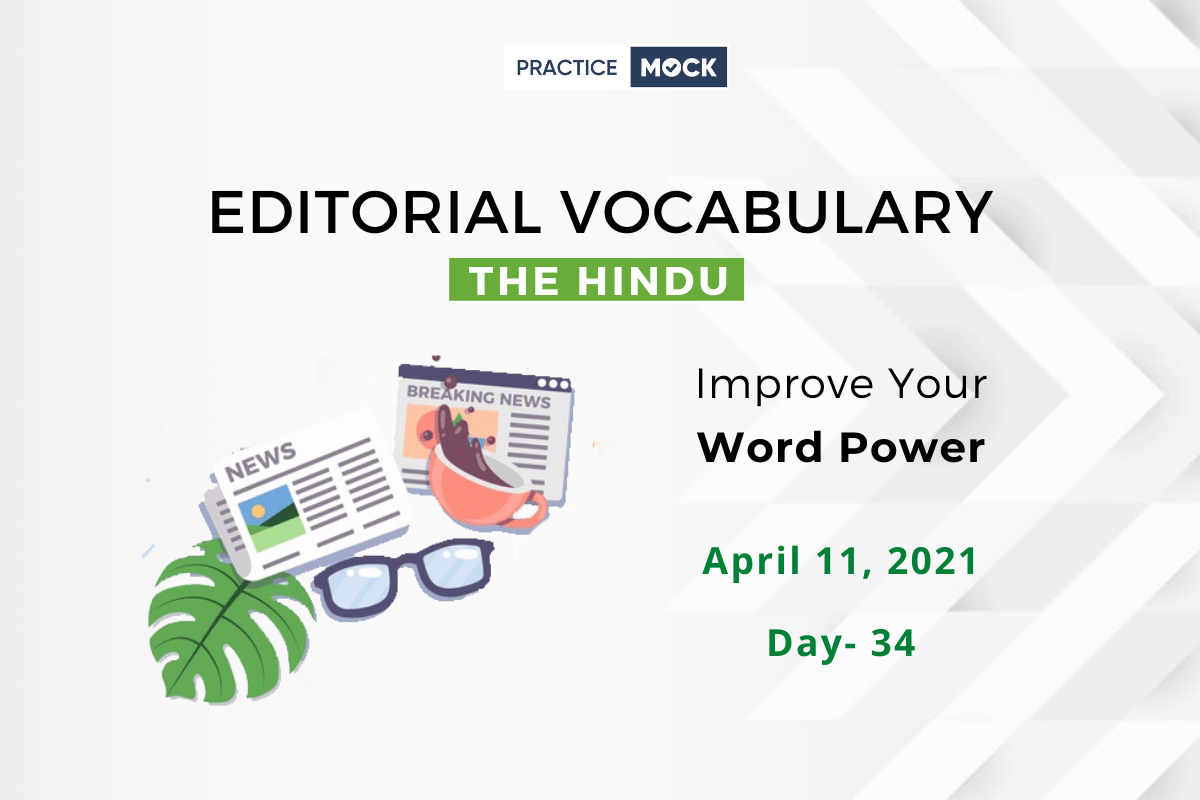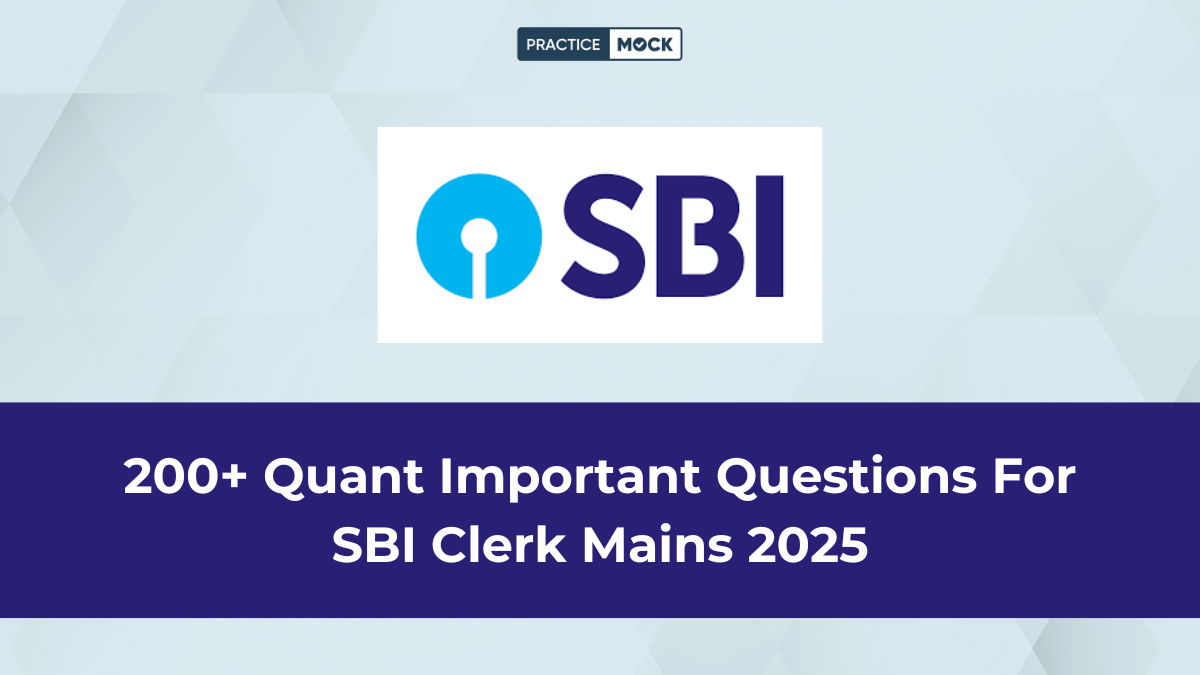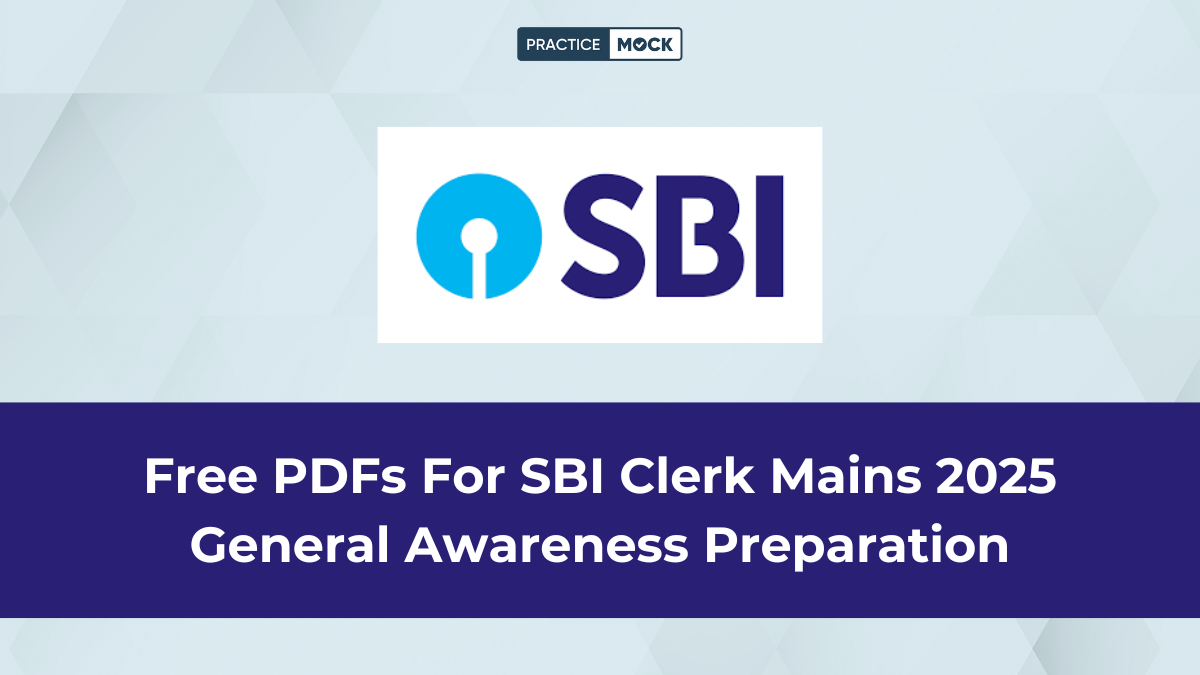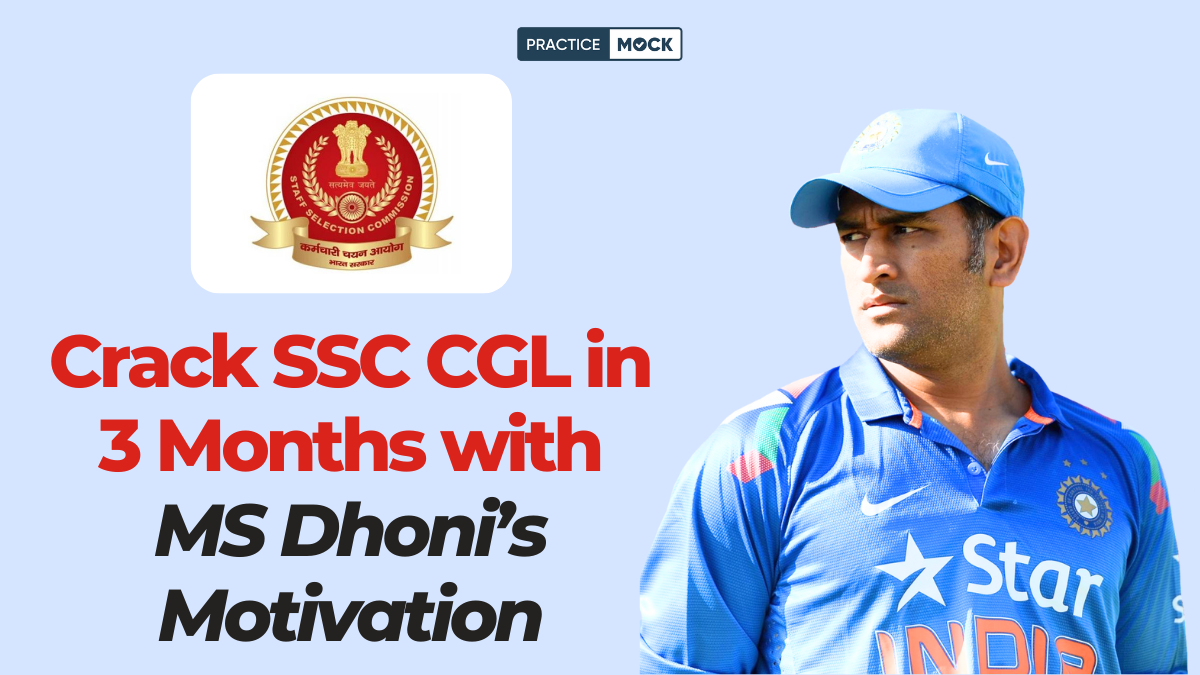

We are here again easing up the meanings of the editorial published in The Hindu today. We hope you get the sense of these words as used in the editorial. Get to know more such difficult words in our previously published articles.
| Difficult Word/ Phrase/ Term | Contextual Meaning/ Definition |
| Strain | to experience pressure |
| Bilateral | involving two parties, especially countries |
| Free trade agreement | a pact between two or more nations to reduce barriers to imports and exports among them |
| Avenue | possibility |
| Divergence | a situation in which two things become different, or the difference between them increases |
| Preface | serve as an introduction |
| Derisive | expressing contempt or ridicule |
| Optics | (typically in a political context) the way in which an event or course of action is perceived by the public |
| On the same page | to have the same kind of understanding about a situation |
| Raise eyebrow | show surprise or mild disapproval |


Time tests ties: On India-Russia relations
India and Russia must ensure their relationship is not strained (to experience pressure) by changed reality
Russian Foreign Minister Sergei Lavrov’s visit to Delhi this week, saw both he and External Affairs Minister S. Jaishankar reaffirming traditional India-Russia ties, but there were signs that those ties are being tested. Mr. Lavrov’s trip was to make preparations for the upcoming visit of Russian President Vladimir Putin for the annual summit — it was postponed last year due to the coronavirus pandemic. On the bilateral (involving two parties, especially countries) front, both sides appeared to make progress on strategic cooperation, cooperation in energy, nuclear and space sectors, and on talks on a free trade agreement (a pact between two or more nations to reduce barriers to imports and exports among them) with the Eurasian Economic Union (EAEU). Also discussed were more agreements on military-technical cooperation for the joint production of India-made Russian weapons, with Mr. Lavrov highlighting Russia being the only partner supplying India “cutting-edge military technology”. While neither side referred to the upcoming delivery of the $5 billion S-400 missile defence system directly, they reaffirmed their commitment to their defence partnership, as well as avenues (possibilities) for more investment in connectivity including the International North-South Transport Corridor and the Chennai-Vladivostok Eastern Maritime Corridor. The areas of divergence (a situation in which two things become different, or the difference between them increases) over their worldview seemed to emerge during their public remarks, which were prefaced (served as an introduction) by Mr. Jaishankar’s reference to the “rebalanced nature” of international relations. Mr. Lavrov’s praise of Russia-China ties was clearly not shared by Mr. Jaishankar. While he referred repeatedly to India’s “Indo-Pacific” strategy, Mr. Lavrov preferred the more continental reference to the “Asia-Pacific” region. Mr. Lavrov’s derisive (expressing contempt or ridicule) indirect reference to the Quad as an “Asian NATO” was significant, although he said both sides agreed that military alliances in Asia were inadvisable and counterproductive. On Afghanistan as well, the Russian push for bringing the Taliban into a power-sharing arrangement in Kabul seemed to come up against India’s consistent push for a “democratic Afghanistan”.
Beyond those divergences, it was the optics ((typically in a political context) the way in which an event or course of action is perceived by the public) of Mr. Lavrov’s brief visit that fuelled the impression that New Delhi and Moscow are not as much on the same page (to have the same kind of understanding about a situation) as they have traditionally been; it did not include a meeting with Prime Minister Narendra Modi, unlike earlier. The absence of a meeting at the highest level seemed more in focus, as Mr. Modi met with U.S. Special Envoy John Kerry just a day later, and at his next stop, in Islamabad, Mr. Lavrov was received by Prime Minister Imran Khan and Pakistan Army Chief General Bajwa. This was Mr. Lavrov’s first visit to Pakistan in nine years, and was a clear message of deepening ties. Unlike in 2012, Mr. Lavrov this time said that Russia was ready to strengthen Pakistan’s counterterrorism efforts with the supply of “relevant equipment”, which will raise eyebrows (show surprise or mild disapproval) in Delhi. While India and Russia have successfully addressed divergences between them, even deep, traditional and “time-tested relations” of the kind they have shared for decades cannot be taken for granted, and the two sides should move quickly, if they desire to dispel the notion that those ties are under any strain.
Hope you got to know some new words/phrases which will definitely be useful in the English section of upcoming competitive exams. Wishing you all the best for your preparation!
Want to improve your vocabulary further? Download the Lists of Word-Meanings of Previous Months here.
Recent Posts
IBPS RRB Notification 2025: Prelims & Mains Exam Date Out, Check Syllabus, Salary & Eligibility
The IBPS RRB Notification 2025 is expected to be released in June 2025. candidates can…
Crack SSC CGL Exam in 3 Months, MS Dhoni’s Words Will Motivate You
Prepare for the SSC CGL exam in just 3 months with motivation from MS Dhoni.…
SBI Clerk 2025 Notification, Check Mains Exam Date, Shift Timings & Exam Centre
The SBI Clerk Mains 2025 Exam Date has been released on their official website. The…
NABARD Grade A Exam Date 2025, Check Complete Information
Get all the latest updates on NABARD Grade A Exam Date 2025, including important details,…
SBI Clerk Mains Exam Date Out, Check Phase 2 Exam Schedule & Shift Timing
The SBI Clerk Mains Exam Date 2025 has been released on their official website. Candidates…
Effective 5-Hour Study Plan for NABARD Grade A 2025 Exam
In this article we have created a 5-hour study plan for NABARD Grade A 2025…



